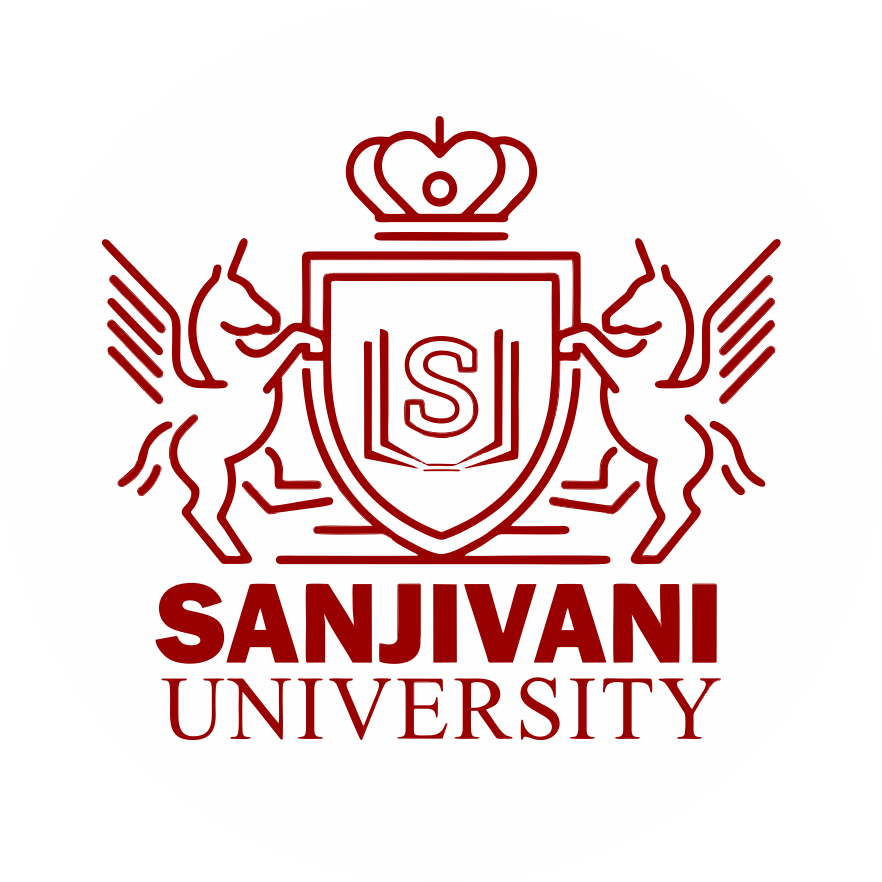
Quick Link
Home About Us Sustainability Academics Admission Events Life at Sanjivani IQAC Contact UsContact Us
Sanjivani University, Kopargaon, Near Shirdi, Ahilyanagar (Ahmednagar), 423601.
MCA (Master of Computer Applications) Department Profile The Master of Computer Applications (MCA) program is a two-year postgraduate course designed to prepare students for leadership roles in the fields of IT, Data Science, Cybersecurity, Cloud Computing, Artificial Intelligence, and related domains. The curriculum, aligned with NEP 2020, focuses on research, innovation, and industry-relevant skills. Students engage in live projects, internships, and interdisciplinary research to gain practical exposure to emerging technologies.
About Us – MCA (Master of Computer Applications):
The Department of Masters of Computer Applications (MCA) at Sanjivani University is committed to shaping skilled professionals who can excel in the dynamic global IT industry. The MCA program emphasizes advanced learning, research, and professional development in the areas of Artificial Intelligence, Data Science, Cloud Computing, Cybersecurity, and Software Engineering.
Our curriculum is designed to bridge the gap between theoretical knowledge and practical application, enabling students to solve real-world problems with innovative technological solutions. The program provides a multidisciplinary foundation, empowering students to adapt to emerging trends in computing and technology.
The department’s faculty consists of seasoned academicians, researchers, and industry professionals who are dedicated to fostering technical expertise, critical thinking, and ethical values.
Programs Offered
Features of the Department
Research Areas:
Our research focuses on advanced and interdisciplinary domains including:
Facilities and Labs:
To support research and learning, the department houses well-equipped laboratories and computing facilities such as:
Industry Collaboration and Placement
The department has strong ties with leading IT industries and research organizations. Students gain exposure through live projects, expert talks, and internship programs, ensuring holistic preparation for professional success.
Faculty:
Our faculty members bring a blend of academic excellence and practical experience, mentoring students to achieve both technical mastery and professional competence.
Student Life
The MCA department fosters a culture of innovation and collaboration through:
Join the Department of Master of Computer Applications at Sanjivani University and take a decisive step toward becoming a future-ready IT professional and innovation leader.
Vision:
To emerge as a leading hub of advanced learning and innovation in computer applications, dedicated to shaping competent professionals and ethical leaders who contribute meaningfully to the digital world and societal advancement.
Mission:
To deliver industry-aligned education using modern pedagogy and infrastructure to foster critical thinking, technical excellence, and ethical responsibility.
To nurture a research-driven environment that empowers students to develop innovative and sustainable computing solutions.
To promote collaboration with academia and industry for holistic professional development and community service.
Program Outcomes (POs):
Program Specific Outcomes (PSOs)
Program Educational Objectives (PEOs):